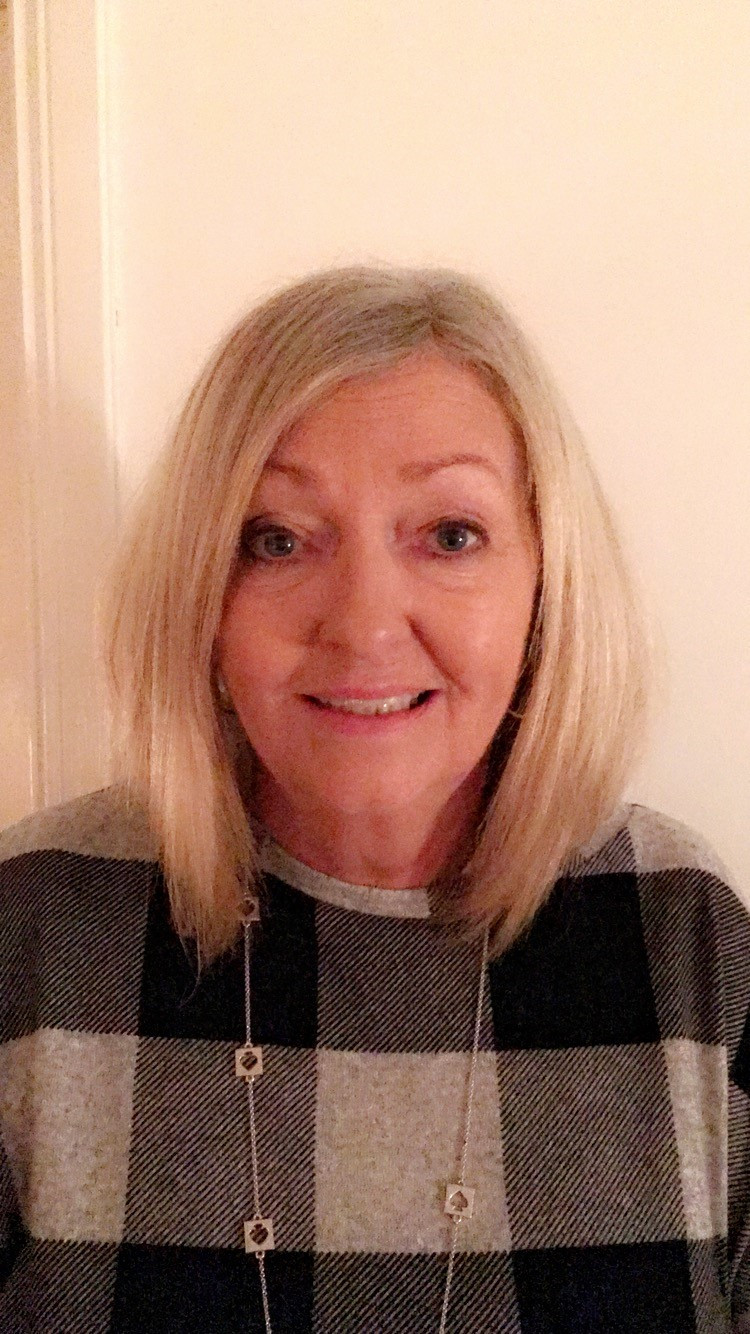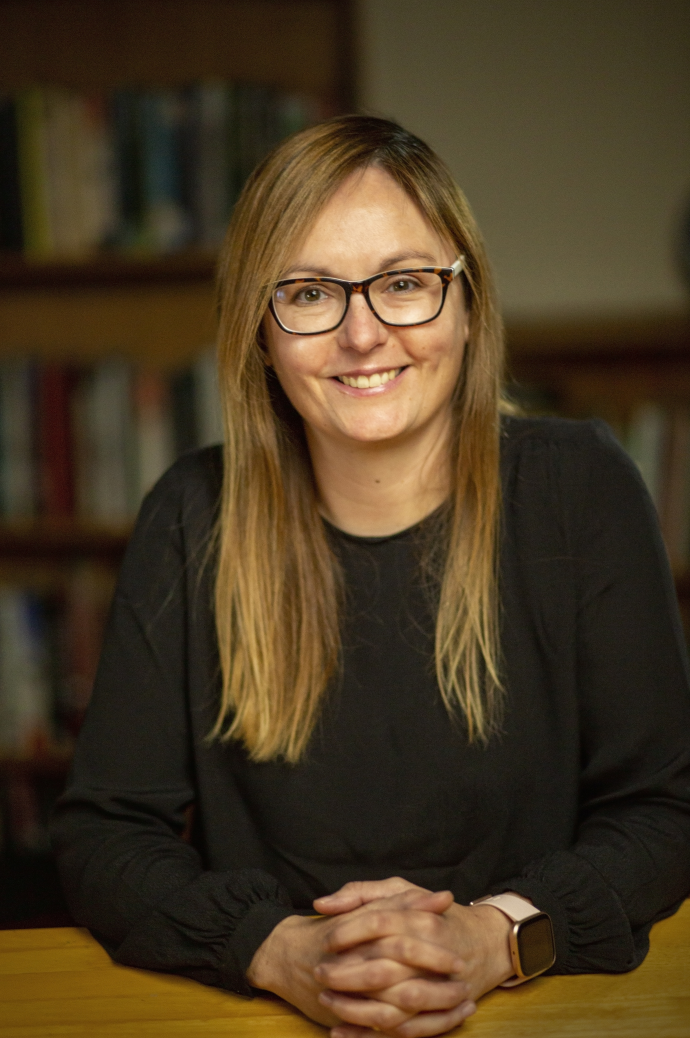Package summary
Start Date
End Date
Courses
- Autism and Social Communication - This course is already full. You will be added to the waiting list.
- Autism and Life Skills, including Relationships and Sexuality Education - Only 1 places remaining.
- Autism and Sensory Processing
- Autism and Anxiety Management - This course is already full. You will be added to the waiting list.
- Autism and the Promotion of Positive Behaviour - This course is already full. You will be added to the waiting list.
Middletown Centre for Autism
5 Week Parent and Professional Joint Training Programme
Autism and the Post Primary School
Programme Content:
1. Autism and Social Communication
2. Autism and Anxiety Management
3. Autism and the Promotion of Positive Behaviour
4. Autism and Life Skills, including Relationships and Sexuality Education
5. Autism and Sensory Processing
This five-week programme has been designed for education professionals, parents and family members who are living with young people, 12-18 years, with autism.
Notes
Courses in package
Autism and Social Communication
Event summary
Date
Start Time
End Time
St Patrick's Comprehensive School, Shannon Co. Clare, Shannon, Clare
Booking closes
Autism, Communication and Motivation for Students in the Special School
For individuals who have autism and learning difficulties, the difficulties relating to communication can often be magnified. Many children and young people with autism have significant difficulties with speaking, language and communication.
This session will examine why students with autism experience difficulty not only with communication but also the motivation to communicate thus impinging on them becoming socially active partners. Understanding communication is as difficult as using language to express needs, wants or offer commentary. Students with autism are more likely to be successful communicators in environments that are designed to encourage and support their efforts. In order for the student to initiate effective communication, two conditions should be met.
- The student must see a reason to communicate (Why).
This is encouraged by the use of motivating materials/activities and by creating situations in which he or she must communicate to make something happen. - The student must have a means to communicate (How).
The student may need to be taught the communicative behaviour needed, and visual supports for such communication will need to be available.
Expected Outcomes
Professionals will:
• Understand the various modes of communication used by students with autism and learning difficulties.
• Recognise that visual supports, as tools of communication with and for students with autism, are critically important.
• Understand the need to differentiate the visual support to meet specific needs in definite areas thus helping the student to understand you and develop his or her expressive means.
• Understand how to use engagement as the starting point for communication.
• Recognise various forms of communication and use of a variety of communicative tools.
• Gain ideas for making meaningful communications with the student, even those who are largely non-verbal.
• Look at the importance of motivation to learning and life.
• Gain practical strategies and ideas for maximising the student’s motivation to learn and participate in social life.
Course Overview / Content
• A look at verbal and non-verbal methods of communication.
• Looking at novel approaches to communication such as intensive interaction and using technology to promote communication.
• What is motivation and why is it important?
• How do we motivate students with autism and learning difficulties?
• Ideas for promoting greater engagement and motivation to participate in the wider social world.
Notes
Location
St Patrick's Comprehensive School, Shannon Co. Clare
Get Directions
Frances Stewart
Autism and Life Skills, including Relationships and Sexuality Education
Event summary
Date
Start Time
End Time
St Patrick's Comprehensive School, Shannon Co. Clare, Shannon, Clare
Booking closes
Autism and Life Skills, including Relationships and Sexuality Education
Life skills are regarded as independent living skills or daily living skills. It is also important to include executive function or thinking skills such as organising, planning, prioritising and decision making.
Categories of life skills include:
• Self-advocacy
• Personal finance
• Transport and community involvement
• Leisure and recreation opportunities and activities
• Home living skills
• Career path and employment
Relationships and Sexuality Education, including friendships
Effective teaching of issues around life skills and sexuality education involves close collaboration between schools and parents to ensure messages are clear for the students with autism. This session will examine the impact of adolescence on young people with autism and examine the broad definition of life skills, within the contexts of work, leisure and personal care, and how the core difficulties, associated with autism, may directly affect the development of life skills. Participants will be shown how to incorporate behavioural interventions with visual strategies to help teenagers with autism cope with some of the typical issues of adolescence and the acquisition of life skills. It will also focus on the delivery of relationships and sexuality education for students with autism
Expected Outcomes
Participants will
• Have a greater understanding of how the core difficulties associated with autism affect the development of life skills in work, leisure and personal care.
• Learn and develop methods to assess and teach life skills in the School and family environment.
• Be more able to facilitate students to achieve greater independence in relevant daily activities such as play, work tasks, personal hygiene, toileting and organisational skills.
• Have an increased understanding of the opportunities available to improve and develop students’ life skills within the school and home environment.
• Understand the impact of adolescence on young people with autism.
• Learn some strategies involving behavioural and visual strategies that will provide supports to adolescents with autism.
• Provide strategies for the delivery of sex and relationships education to students with autism
Notes
Location
St Patrick's Comprehensive School, Shannon Co. Clare
Get Directions
Tara Vernon
Tara’s work is neurodiversity-informed and autism affirming. Prior to joining the Middletown team, Tara worked across home, school, and external agency settings to provide autism specific specialist teaching, training, and emotional regulation support in these environments.
She is a member of both the Psychological Society of Ireland and the Teaching Council of Ireland and is a certified Sleep Counsellor. Tara recently completed a Master of Arts in Autism Studies.
Autism and Sensory Processing
Event summary
Date
Start Time
End Time
St Patrick's Comprehensive School, Shannon Co. Clare, Shannon, Clare
Booking closes
Autism and Sensory Processing Sensory processing generally refers to the ability of an individual to register sensory information, make sense of that information, and to respond to it. This is a complex and fluid process involving all the sensory systems (auditory, gustatory, visual, olfactory, tactile, proprioceptive, and vestibular). When sensory processing is working well, an individuals responses to sensory information are positive and support interaction. However, sensory processing difficulties are quite prevalent in the profiles of children with autism and can affect every aspect of life and development. This session examines the sensory processing differences frequently associated with autism and will demonstrate how such difficulties impact on learning, leisure activities and choices, social interactions and behaviour at home and in school. Expected Outcomes Participants will: Develop a basic understanding of some of the sensory processing differences in autism. Understand how sensory processing differences can affect the young persons experience in school and at home. Gain knowledge of strategies, which will assist in meeting the young persons sensory needs. Course Overview Sensory processing difficulties and how they can occur in autism. How sensory processing difficulties can present in school and at home. How sensory processing difficulties can affect learning and participation in school and at home.
Notes
Location
St Patrick's Comprehensive School, Shannon Co. Clare
Get Directions
Kate Cullen
Autism and Anxiety Management
Event summary
Date
Start Time
End Time
St Patrick's Comprehensive School, Shannon Co. Clare, Shannon, Clare
Booking closes
Autism and Anxiety Management
Post Primary aged students with autism experience anxiety in many situations, with some experiencing significant anxiety difficulties. For many, school is a major source of stress. While many reasons are shared with the full student body, there are some key factors relating to autism that mean stress and anxiety are more likely. Everyone shows their anxiety in individual ways, so the most reliable observations that a student is anxious are going to be made by the people who know the student best. This highlights the need for a collaborative approach between the family and the school.
This session is an introduction to strategies that can be used to alleviate the experience of anxiety in students with autism. This will include an introduction to cognitively based strategies and how to develop student centred strategies to deal with anxiety.
Expected Outcomes
Participants will:
• Understand how the difficulties experienced by those with autism, including sensory difficulties, can contribute to the development of anxiety.
• Understand how anxiety can escalate and may result in an outburst.
• Develop some simple strategies to prevent the escalation of anxiety.
• Understand the basics of cognitively based management approaches.
Course Overview
• Anxiety triggers and build up.
• “On the spot” anxiety management strategies.
• Developing a “stress kit”.
• Cognitively based approaches and the emotional toolkit
Notes
Location
St Patrick's Comprehensive School, Shannon Co. Clare
Get Directions
Dee Hogan
Autism and the Promotion of Positive Behaviour
Event summary
Date
Start Time
End Time
St Patrick's Comprehensive School, Shannon Co. Clare, Shannon, Clare
Booking closes
Autism and the Promotion of Positive Behaviour
Young people with autism can experience elevated levels of anxiety and stress often resulting in distressed and inappropriate behaviours for a variety of reasons, including interaction with the environment. Responding effectively to behaviour remains a concern for families and professionals living and working with young people with autism. Early intervention and planning are important to ensure that everyone has an array of proactive strategies to defuse rather than escalate a demanding situation. This session will examine how an understanding of autism can influence interactions and thus the behaviour of young people and challenge the term, “Challenging Behaviour”.
Expected Outcomes
Participants will:
- Understand reasons for what we see as inappropriate behaviour
- Learn practical strategies for recognising early warning signs and making positive interventions
- Recognise the “Rumbling, Raging and Recovery” aspects of behaviour and what we as practitioners can do
- Understand the behaviour and anxiety bank account
Course Overview
- Clarity of information, including expectations and procedures.
- Consistency: A healthy, strong home school partnership is vital.
- Common sense: Remembering that sometimes the most effective is also the most straightforward and easiest.
- Continuation: Keeping the teaching and the positive supports in place to continue to help the young person to develop effective life skills
Notes
Location
St Patrick's Comprehensive School, Shannon Co. Clare
Get Directions
Tara Vernon
Tara’s work is neurodiversity-informed and autism affirming. Prior to joining the Middletown team, Tara worked across home, school, and external agency settings to provide autism specific specialist teaching, training, and emotional regulation support in these environments.
She is a member of both the Psychological Society of Ireland and the Teaching Council of Ireland and is a certified Sleep Counsellor. Tara recently completed a Master of Arts in Autism Studies.
